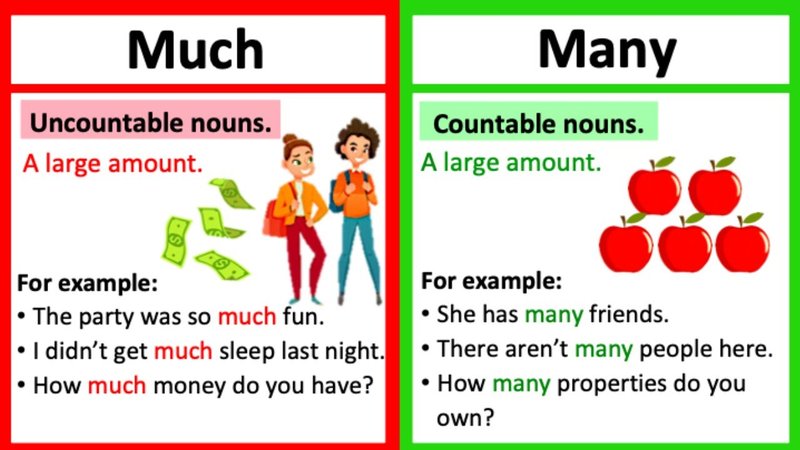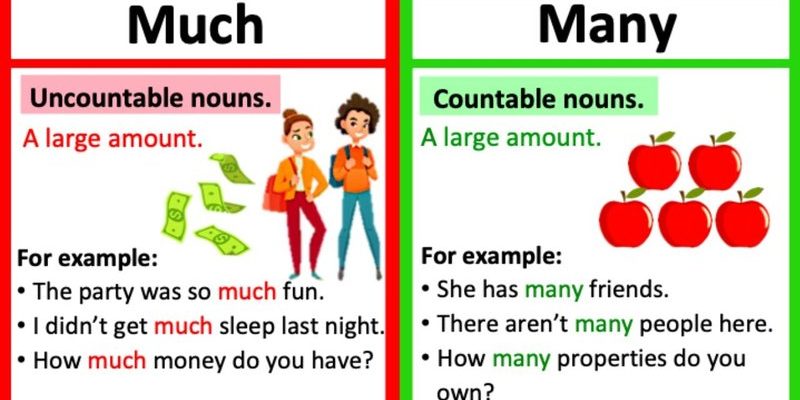
Having a camel isn’t just about the initial purchase—you’ve got to consider ongoing expenses like food, shelter, vet care, and more. It’s similar to having a dog or a horse, but camels have their own unique requirements. So, grab a cup of coffee, and let’s break it down into digestible pieces.
Initial Purchase Price of a Camel
When it comes to buying a camel, prices can vary significantly based on several factors. Generally, you might expect to pay anywhere from $3,000 to $10,000 for a camel, depending on its age, breed, and training. For instance, a well-trained riding camel or one that’s been raised domestically might be on the higher end of that spectrum.
You might be thinking, “Is there a difference between breeds?” Absolutely! Dromedary camels, with their single hump, are often more common in North America, while Bactrian camels, with their two humps, can be pricier due to their rarity. Plus, if you’re interested in breeding camels, the costs can ramp up even more with quality breeding stock.
Consider also where you’re buying your camel. Are you looking at a reputable breeder, or are you checking out online classifieds? The latter might be cheaper, but have you considered the potential health risks of buying from an unknown source?
Feeding Costs for a Camel
Keeping a camel well-fed is crucial for its health and happiness. Camels are herbivores and need a good mix of hay, grains, and fresh fruits or vegetables. On average, you can expect to spend about $100 to $200 per month on feed.
One of the big expenses is hay—camels can consume around 10 to 15 pounds of hay daily. That adds up! You might find that a local farm or feed store can provide discounts for bulk purchases, which could save you some cash in the long run.
Also, don’t forget about supplements. Just like us, camels benefit from vitamins and minerals to keep them thriving. This can be an additional $20 to $50 a month. Honestly, feeding your camel isn’t just about filling their bellies; it’s about providing the right nutrition to keep them healthy and strong.
Housing and Shelter for Your Camel
Now, let’s chat about a safe and cozy place for your camel to call home. Ideally, you’ll want to provide a shelter that protects them from harsh weather. This could be a barn, a stable, or even a sturdy shed. The setup can vary dramatically in cost, but plan on spending anywhere from $1,000 to $5,000 for a decent shelter.
Consider variables like size, location, and materials used. Remember, camels are big animals—they need space to move around comfortably. You’ll also want to create a secure fence, as camels are known to be quite the escape artists. A solid fence can cost around $1,500 to $3,000, depending on the perimeter size and materials.
Don’t forget about bedding! Providing a clean, dry area with straw or shavings can help keep your camel comfortable and healthy. While it might feel like a lot upfront, a cozy environment makes all the difference for your camel’s well-being.
Veterinary Care for Camels
Like any pet, camels need regular vet check-ups to ensure they’re healthy. Annual veterinary expenses can range from $200 to $800, depending on factors like your location and the specific healthcare needs of your camel.
Routine care includes vaccinations, dental check-ups, and hoof trimming. You might also need to budget for unexpected health issues. Just like us, camels can get sick or injured, and vet bills can add up quickly if something goes wrong.
It’s wise to establish a relationship with a veterinarian experienced in camel care. They can provide invaluable advice and support, making sure your camel stays healthy for years to come.
Insurance and Miscellaneous Expenses
Insurance is often an overlooked aspect of camel ownership. While it’s not mandatory, you might want to consider getting insurance to cover potential accidents or health issues. Policies can range from $300 to $500 annually. Think of it as a safety net—it gives you peace of mind knowing you’re prepared for the unexpected.
Additionally, don’t overlook other potential costs. Grooming supplies, equipment (like saddles or harnesses), and even the occasional training session can add up. Planning for things like transport, which might require a specialized trailer, is another expense to factor in.
When you start adding these pieces together, you can see how the costs of keeping a camel begin to stack up. Being prepared for these expenses helps ensure you and your camel can thrive together.
Time Commitment and Social Needs
Beyond finances, owning a camel means dedicating time and effort to their care. Camels are social animals that thrive on companionship, whether with other camels or even humans. If you can’t devote time to interaction daily, you might want to consider getting another camel or a different animal that suits your lifestyle.
Training a camel can also take time, especially if you want them to be gentle and well-behaved. Patience is key! Regular handling and engagement help strengthen your bond and ensure they’re comfortable around people.
You might be wondering, “Is it worth all this effort?” Honestly, if you’re passionate about these incredible creatures, the love and connection you will share is well worth it. Just be ready for the commitment that comes with it!
Final Thoughts on Camel Ownership Costs
So, how much does it cost to keep a camel? The truth is, it can vary widely based on initial purchase price, ongoing care, and your personal circumstances. On average, you might find yourself spending around $5,000 to $15,000 annually when you factor in all costs.
In the end, owning a camel is not just about financial commitment; it’s about investing in a relationship with a remarkable animal. If you’re ready to take on these responsibilities and costs, you’re in for a truly unique experience. Just remember: owning a camel is a journey filled with rewards, challenges, and unforgettable moments. So, if you’re ready for this adventure, happy camel keeping!

